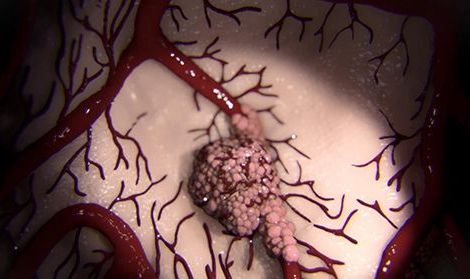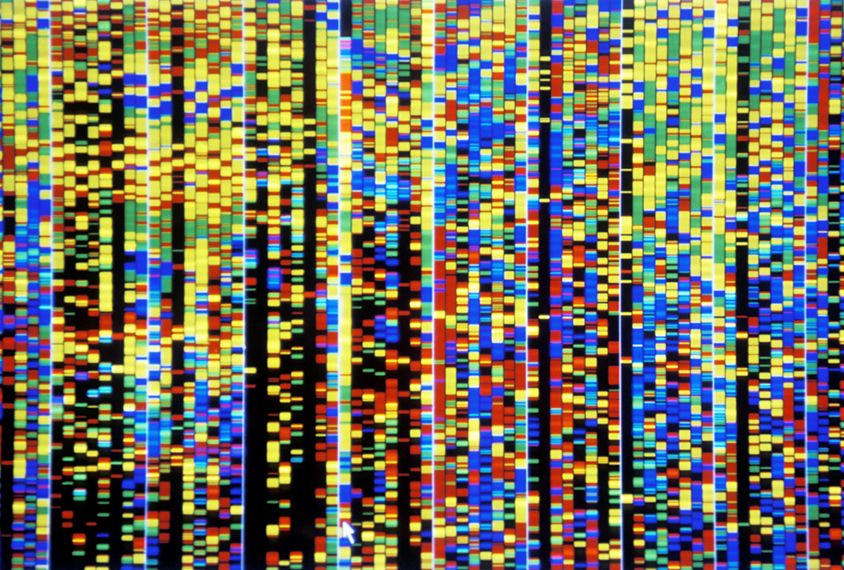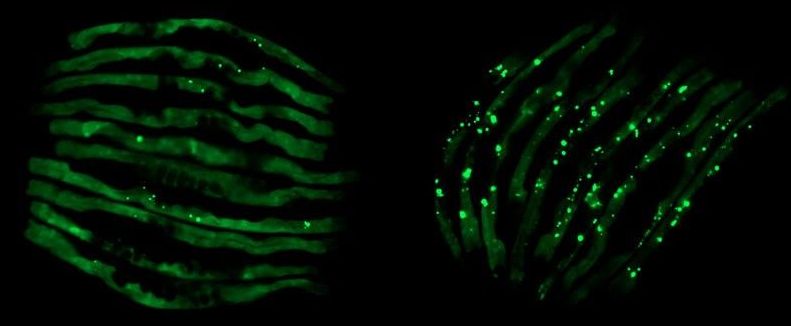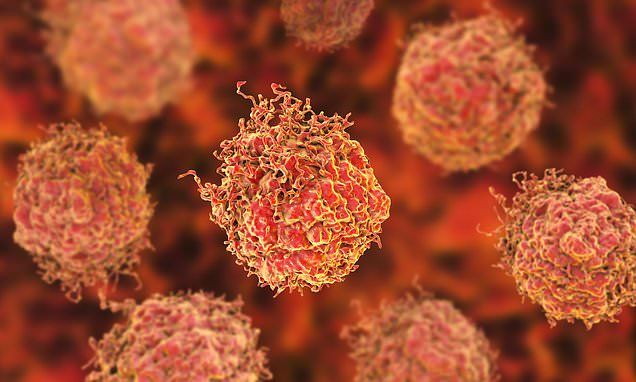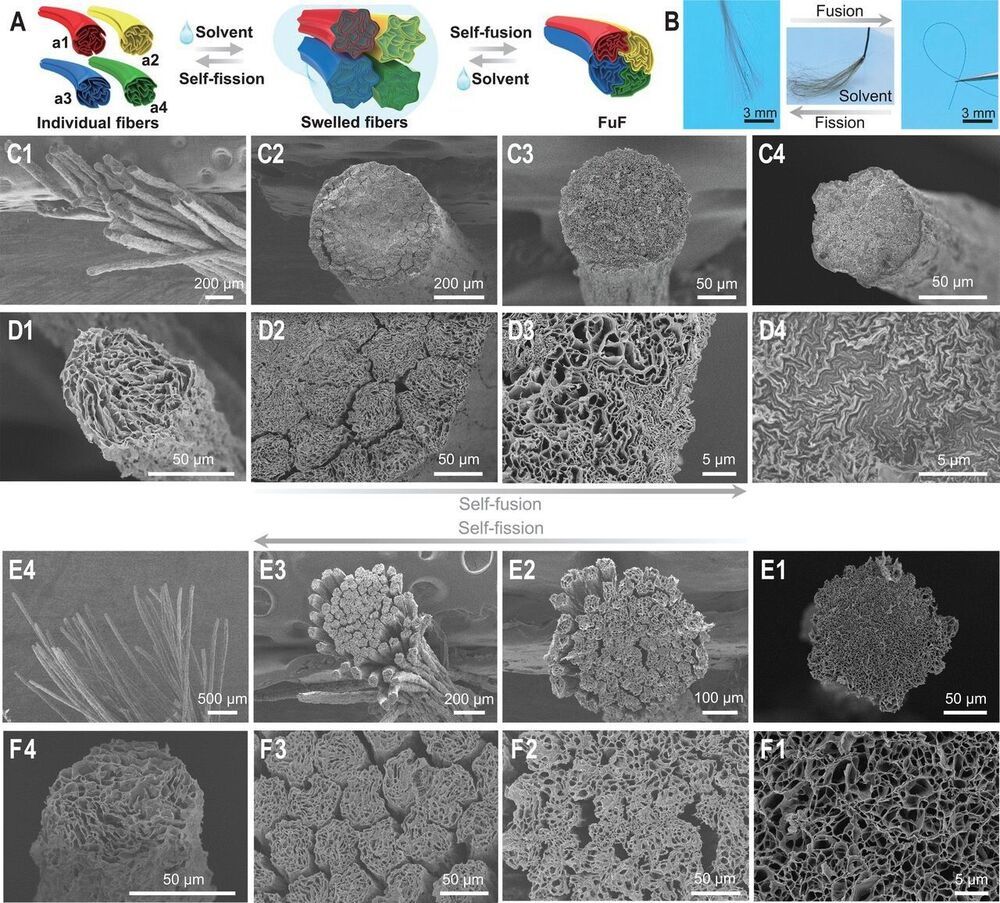Findings that could help further understand how living tissue reacts to radiation exposure.
Energy flows through a system of atoms or molecules by a series of processes such as transfers, emissions, or decay. You can visualize some of these details like passing a ball (the energy) to someone else (another particle), except the pass happens quicker than the blink of an eye, so fast that the details about the exchange are not well understood. Imagine the same exchange happening in a busy room, with others bumping into you and generally complicating and slowing the pass. Then, imagine how much faster the exchange would be if everyone stepped back and created a safe bubble for the pass to happen unhindered.
An international collaboration of scientists, including UConn Professor of Physics Nora Berrah and post-doctoral researcher and lead author Aaron LaForge, witnessed this bubble-mediated enhancement between two helium atoms using ultrafast lasers. Their results are now published in Physical Review X.

